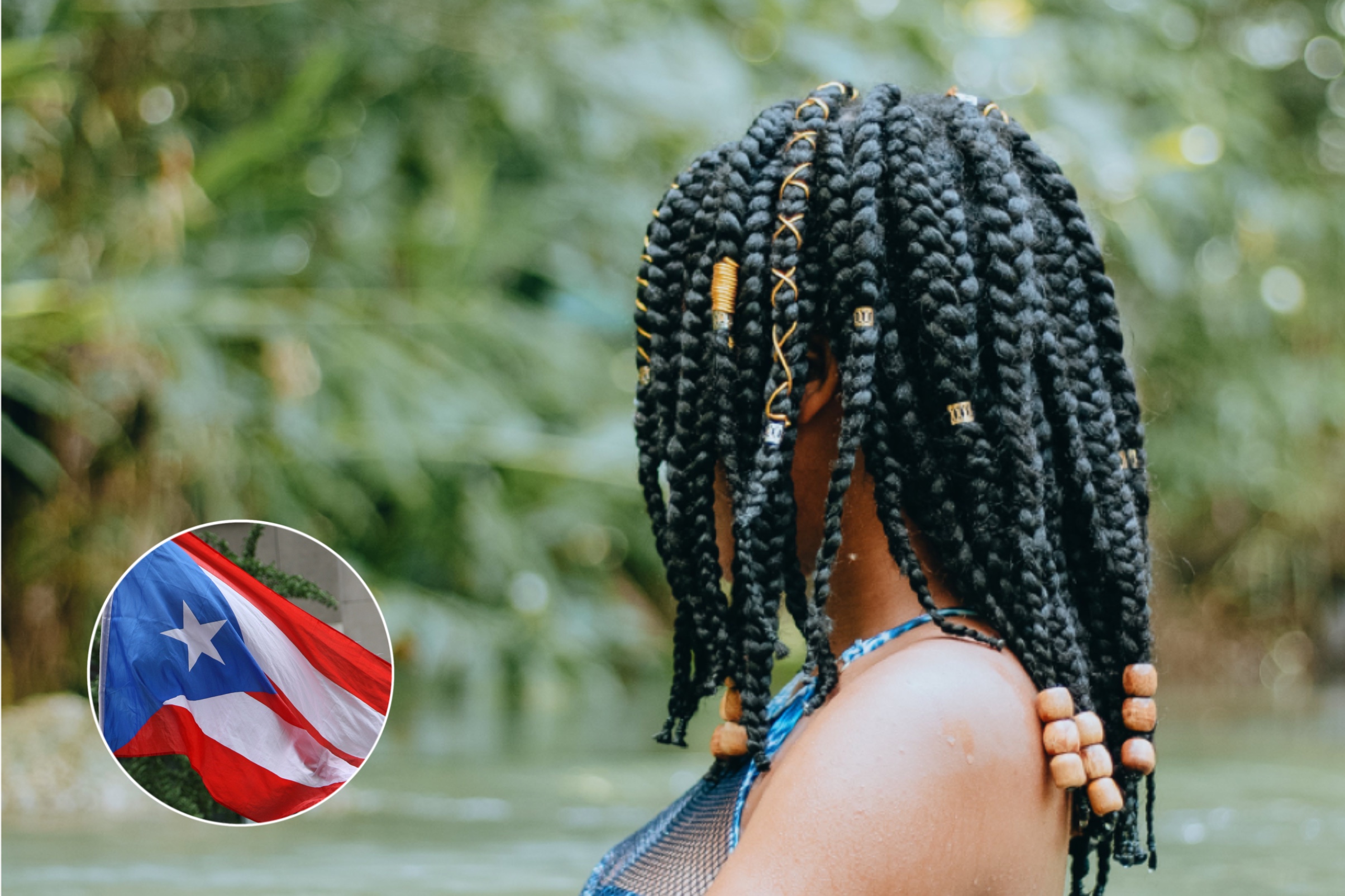January 25, 2024
Nothing wrong with some added protections……
Associated Press reports that a bill that prohibits discrimination against culturally acceptable hairstyles in Puerto Rico is sparking debates.
Lawmakers on the island argue that such legislation is unnecessary since federal and local laws ban hair discrimination. However, members of the Afro-Caribbean community continue to face backlash for wearing everyday styles like afros and cornrows. They feel protections with public services, housing, and education should be in place.
“I’m 23 years old, and I’m tired of this problem,” Julia Llanos Bultrón said during the hearing on Jan. 23. “I’m very disappointed with a system that pushes us to change the hair with which we’re born.”
Bultrón, a teacher, was offered a job in 2023, contingent on her cutting her cornrows. She ultimately declined, but she isn’t alone in her feelings. Lorraine León Ramírez, who has two sons sporting afros, said her youngest child was banned from two schools until he agreed to cut his hair.
“It was one of the worst experiences we’ve had as a family,” Ramírez said. The angry mother continued saying it was time for the stigmas to end.
“The big question is, is it fair that our children have to grow up with regulations that undermine their identity? The answer is no.”
The hearing at San Juan’s seaside Capitol building held precedent as a highly anticipated discussion on what is acceptable. The diverse U.S. territory is home to over three million people who identify as two or more races — close to 230,000 identify as Black only.
Currently, the island’s laws, constitution, and Title VII of the Civil Rights Act protect residents from discrimination. However, in 2016, a new precedent was set after the U.S. Court of Appeals dismissed a discrimination lawsuit regarding an employer’s anti-dreadlock policy in Alabama, according to NBC News. The ruling found the company did not violate Title VII.
The bill’s co-author, Puerto Rico Sen. Ana Irma Rivera Lassén, said she doesn’t understand why legislators can’t add protections. “What is the problem with adding explicit protection?” she said. Other bill supporters, like Alanis Ruiz Guevara and author Mayra Santos-Febres, took similar stances. Guevara advocates for specific styles like braids, locs, and Bantu knots since they aren’t covered under certain laws. “We need tools to defend ourselves from systemic racism,” Febres mentioned.
In 2022, the U.S. House passed the Crown Act, banning race-based hair discrimination in the workplace and protecting Americans against bias based on hair texture and protective styles. However, the issue continues to linger in some states. Darryl George and his family are suing a Texas school district after he was removed from class for a dress code violation, claiming his locs were below his eyebrows and earlobes. The suit alleges his punishment violates the CROWN Act, which became a state law in September 2023.
Enter your Email Address below to get our fun-filled Newsletter!
© 2024 Black Enterprise. All Rights Reserved.

